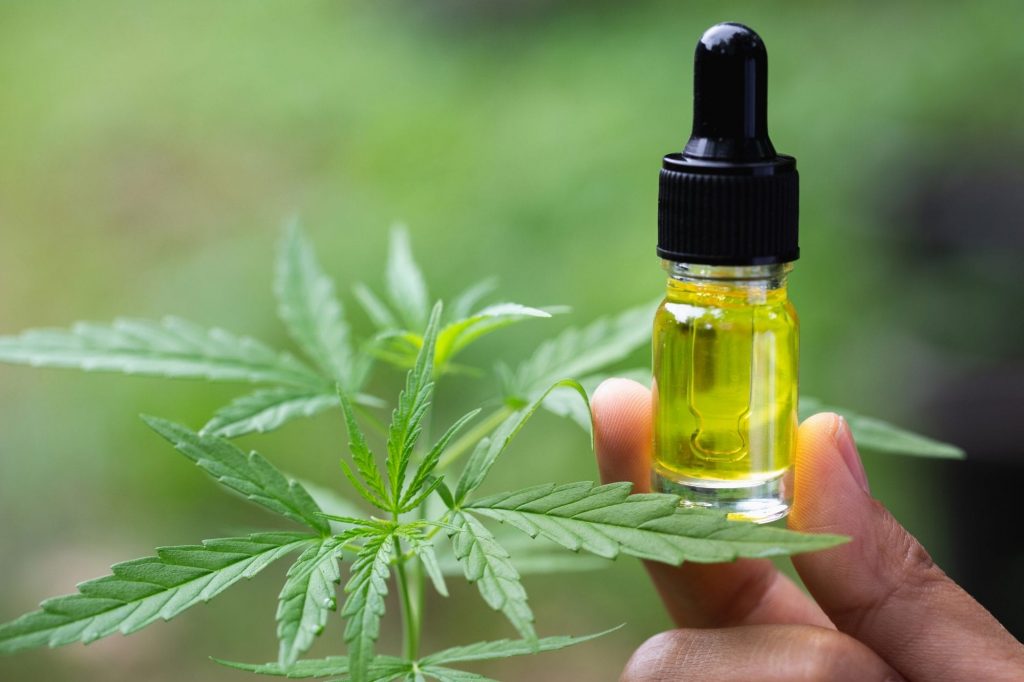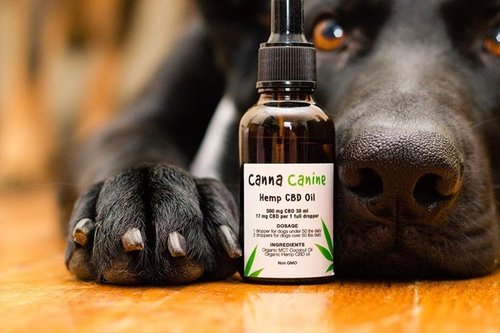Cannabidiol, or CBD, is a type of molecule found naturally in cannabis. It is not psychoactive, unlike tetrahydrocannabinol (THC), and thus does not induce a “high.” Although CBD research is in its early stages, certain studies and anecdotal data suggest that it may be useful in treating illnesses such as anxiety, pain, cancer, and arthritis. CBD for dogs and its products are touted as a natural method to address these diseases in dogs and pique the interest of pet owners.
CBD uses in dogs
CBD has been demonstrated in human studies to be beneficial in the treatment of epilepsy, anxiety, irritable bowel disease (IBD), and chronic pain. However, just a few trustworthy research on the effects of CBD on dogs have been conducted.
One 2018 studyTrusted Source intended to evaluate the safety, anti-inflammatory, and anti-pain characteristics of CBD oil in dogs with osteoarthritis. The dogs were given doses of 2 or 8 milligrams (mg) per kilogram (kg) of body weight by the researchers.
According to two veterinary resources, the canine short pain inventory and the Hudson activity scale, eighty percent of the dogs improved in pain and mobility.

How to Give CBD to Your Dog
CBD for pets is available in a variety of forms, including snacks, oils, and lotions. However, research on the effectiveness of each approach is limited.One 2018 Colorado State University study on dogs with epilepsy discovered that CBD oil taken orally was more beneficial than a cream or gel capsule.
How much should you give a dog?
The previously mentioned 2018 study on dogs with osteoarthritis found that 2 mg per kg of weight was the most beneficial dose for enhancing the dogs’ comfort and activity levels.
Every dog reacts differently, which is why it’s critical to start with a low dose, evaluate your pet’s progress, and adjust from there. Most products will provide dose recommendations; however, keep in mind that these are determined by the manufacturer.
How to Select a Product
When choosing CBD products, a good rule of thumb is to check for “certificates of analysis” and other evidence of third-party testing on the product’s website. These certificates indicate whether products are pesticide and heavy metal-free, as well as whether the quality is as stated.
Overall, it is critical to remember that research on CBD in pets is limited. Because CBD is not currently regulated by the FDA, there may be safety concerns if goods are mislabeled. Anecdotal evidence and preliminary research, on the other hand, suggest that CBD may be effective in treating some illnesses in animals.
If you decide to provide CBD to your dog, consult with your veterinarian first. Then, begin with a modest dose and closely observe your pet for any positive or bad effects.














